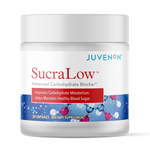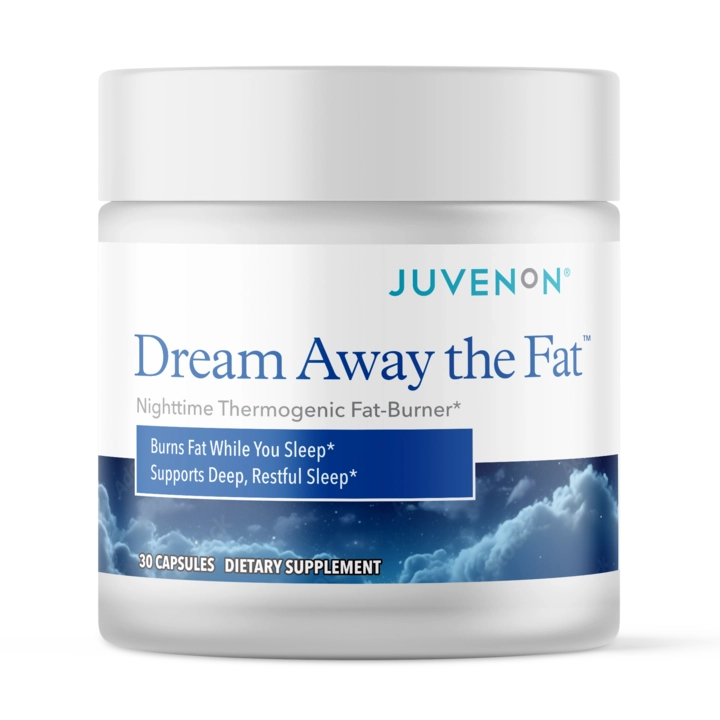 Manage discomfort better and improve your quality of life with these supplements and vitamins for joints.
Manage discomfort better and improve your quality of life with these supplements and vitamins for joints.
1. Vitamin C
This well-known vitamin/antioxidant can help in reducing joint inflammation and pain by getting rid of free radicals from the body. Additionally, it protects joint connective tissues by promoting collagen production, the main protein found in our bone tissues and joints.
2. Vitamin B Complex
This group of water-soluble and non-antioxidant vitamins plays important parts in cell metabolism. B vitamins can help your joints by facilitating cellular functions like synovial fluid production and the strengthening of the surrounding tissues.
Synovial Fluid Definition: Found in the synovial joint cavities, this is a fluid with egg white-like consistency reduces friction during movement.
In a study, researchers tested the effects of combining vitamin B9 and B12. They found that the osteoarthritis patients who got the combined dose reported significantly better hand grip over the patients who took the placebo or vitamin B9 only.
A study of 72 osteoarthritis patients published in the Journal of Inflammation Research also reported that patients who regularly took vitamin B3 supplements showed improvements in joint mobility and overall symptoms by 29%.
Finally, vitamin B15 or Pangamic acid can also help with joint pain. It can reduce inflammation by diffusing lactic acid build up in the joints.
3. Vitamin D
Vitamin D is needed for muscle and bone function. It also helps with inflammation.
A review of studies published in 2016 found that rheumatoid arthritis (RA) patients had notably lower blood vitamin D concentrations than those without the condition. The researcher also concluded that RA patients tend to have vitamin D deficiency.
In a 2012 study, researchers posited that low vitamin D levels may be a risk factor for inflammatory conditions like RA. They also reported it may worsen inflammatory conditions.
4. Omega 3 Fatty Acids
In doses of 2-4 g, omega-3 fatty acids have shown to reduce pain associated with the following conditions:
- Rheumatoid arthritis inflammatory joint pain
- Neuropathic pain
- Chronic spinal pain autoimmune disease
- Fibromyalgia
- Depression
- Menstrual cramps
There are two types of omega-3 fatty acids found in fish oil. These are eicosapentaenoic acid (EPA) and docosahexaenoic acid (DHA).
EPA and DHA can both help reduce inflammation. However, DHA is more effective at reducing inflammation than EPA.
A 2014 research suggests both might suppress the immune system while a 2016 study reported that DHA might instead enhance immune function.
5. Glucosamine
Glucosamine sulfate is naturally found in the fluid surrounding the joints. As we grow older, our glucosamine levels drop.
Glucosamine supplements are commonly made from other natural sources such as the shells of shellfish. However, there are also variants of these supplements made in a laboratory.
Glucosamine may help with inflammation, rebuilding bone tissues, and preventing the wear and tear of knee cartilage. It can, however, take a few months before improvements become notable.
6. Chondroitin
Chondroitin is usually used with glucosamine to help with cartilage repair and preventing joint pain. They’re usually mixed together in the same supplements.
Studies have found chondroitin sulfate can suppress body inflammatory pathways. Other studies also suggest it can slow down joint damage progression.
Despite this, a look at thousands of patients revealed that evidence only shows borderline benefits.
7. Calcium
Calcium is a familiar mineral closely linked to bone health. It is known to help in forming strong teeth and bones.
But taking calcium supplements can also help with knee joint pain by reducing inflammation. Aside from pills, you can also get vitamin D from milk, yogurt, broccoli, and dark leafy greens.
8. Methylsulfonylmethane (MSM)
Methylsulfonylmethane or MSM is a well-known supplement used for several conditions and symptoms.
This is a sulfur-containing compound present naturally in plant and animals. It’s also created chemically in powder or capsule form.
Patients looking for natural ways of relieving joint pain and reducing inflammation often use MSM.
One study reported a significant decrease in pain on patients after a 12-week course of MSM supplementation. However, there isn’t much data on its side effects or interactions with other medications.
9. Ginger Extract
Ginger has been long used in Asian medicine because of its anti-inflammatory properties similar to ibuprofen and COX-2 inhibitors. It can also suppress inflammatory molecules leukotrienes and turn off specific inflammatory genes, making it a potent pain reliever.
In a 2012 in vitro study, researchers tested the effects of ginger extract and reported it reduced inflammatory reactions in RA synovial cells like steroids.
It’s also been studied for osteoarthritis (OA). In one trial with more than 200 patients, ginger extract improved OA post-standing and walking pain.
10. Avocado Soybean Unsaponifiables (ASU)
Avocado Soybean Unsaponifiables (ASU) is a natural vegetable extract created from 1/3 avocado oil and 2/3 soybean oil. It can help the joints by:
- Blocking pro-inflammatory chemicals
- Preventing synovial cell deterioration
- Helping in repairing connective tissues
Small scale trials have reported the positive effects of ASU supplementation. In fact, in one study, patients taking ASU required a lower pain reliever dosage.
However, supplementation is generally most effective with knee arthritis patients.
11. Polyunsaturated Fatty Acids (PUFAs)
The benefits of polyunsaturated fats are ever-increasing. Research has shown that PUFAs supplementation can improve overall joint pain and decrease the need for pain medications in RA patients.
Joint pain can be severely debilitating. Taking supplements and vitamins for joints and overall bone health can help in improving your quality of life.
If you want to try any of these supplements, it is best to consult your doctor first before to identify which one suits your current condition best and at what dosage will you benefit the most.
Which of these supplements and vitamins for bones and joints have you already tried?






















